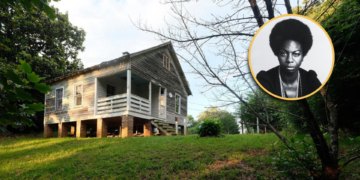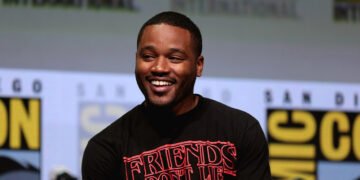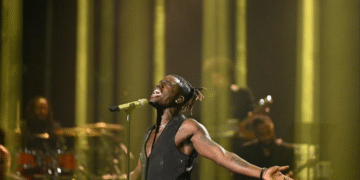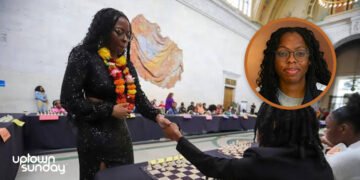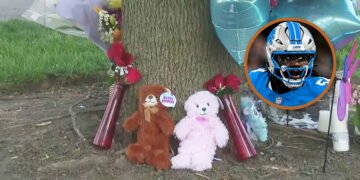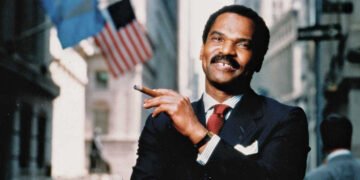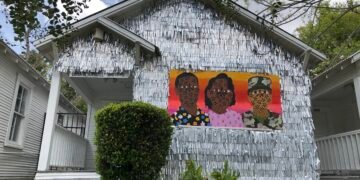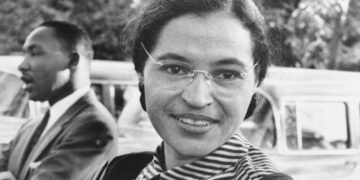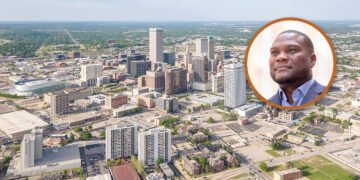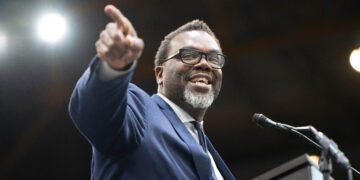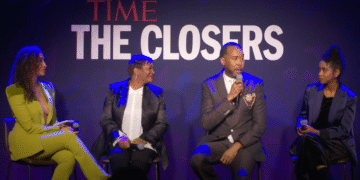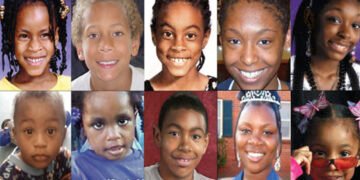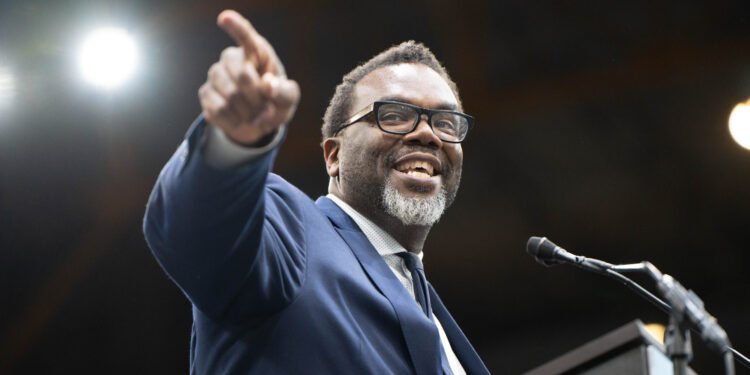In a city as complex and culturally rich as Chicago, the question of who holds power is never just symbolic—it’s systemic. And as Mayor Brandon Johnson’s administration continues to make strides in racial equity and Black representation, it has now found itself under the microscope of the U.S. Department of Justice.
In May 2025, the DOJ’s Civil Rights Division announced it is launching a formal investigation into the hiring practices of the City of Chicago. The inquiry is centered on whether those practices amount to racial discrimination in violation of Title VII of the Civil Rights Act.
The irony? The investigation follows a wave of public scrutiny surrounding Mayor Johnson’s appointment of numerous Black leaders to key city positions, many of whom were not only well-qualified but long overdue for a seat at the table.
“My team reflects the soul of this city,” said Mayor Johnson during a recent press conference. “Our administration is about competence and commitment, not quotas. We are proud of the diversity we’ve built.”
Political Tensions and Racial Undertones
The timing of the DOJ’s announcement draws suspicion and frustration from many within the community who view the investigation as not just tone-deaf, but racially coded.
Across Chicago, activists, educators, and city employees have raised concerns about the message this sends: that efforts to rectify generations of underrepresentation are now being framed as discriminatory against the majority.
“It’s giving backlash to progress,” said Tamika Jones, a longtime community organizer from the South Side. “When we finally start seeing Black leadership in meaningful roles, suddenly it’s a problem. That’s not oversight—that’s resistance.”
Johnson, Chicago’s fourth Black mayor, has remained steadfast in defending his team and the intention behind his administration’s hires. His stance is clear: representation and equity are not violations—they’re values.
Historical Patterns, Present-Day Implications
This isn’t the first time that equity initiatives in Black communities have sparked controversy. From affirmative action battles to debates over reparations, there is a long-standing tension in American public life between repairing harm and maintaining the status quo.
Chicago’s history is laced with segregation, redlining, and political marginalization. For many Black Chicago residents, seeing a City Hall that reflects their neighborhoods feels like long-overdue justice, not reverse discrimination.
“This is what happens when Black excellence becomes institutional,” said Elijah Freeman, a policy analyst and West Side native. “It challenges decades of power dynamics. And that makes people uncomfortable.”
Community Support and a Call for Clarity
In response to the investigation, a coalition of Black-led advocacy organizations has called on the DOJ to be transparent about its motives and process. They’ve also demanded that any investigations into city hiring be contextualized within the broader systemic inequities that have historically disadvantaged Black professionals in government work.
“If the DOJ wants to look into equity, start by examining who’s been kept out for the last 100 years,” said Dr. Lena Harris of the Chicago Equity Council. “Because our people are not just filling seats—they’re fixing a system.”
What’s Next for Chicago?
As the DOJ investigation unfolds, one thing is for sure: the national spotlight is now fixed on Chicago, not just as a political battleground, but as a bellwether for how America navigates the intersection of equity and power.
Mayor Johnson has vowed to cooperate fully with the investigation while continuing to advance his administration’s goals. “This won’t stop our work,” he said. “We were elected to make change—and we will.”
Uptown Sunday stands firm in recognizing the importance of leadership that reflects our communities. Equity is not a trend—it’s a responsibility. And when that responsibility is met with resistance, it only underscores how far we still have to go.


